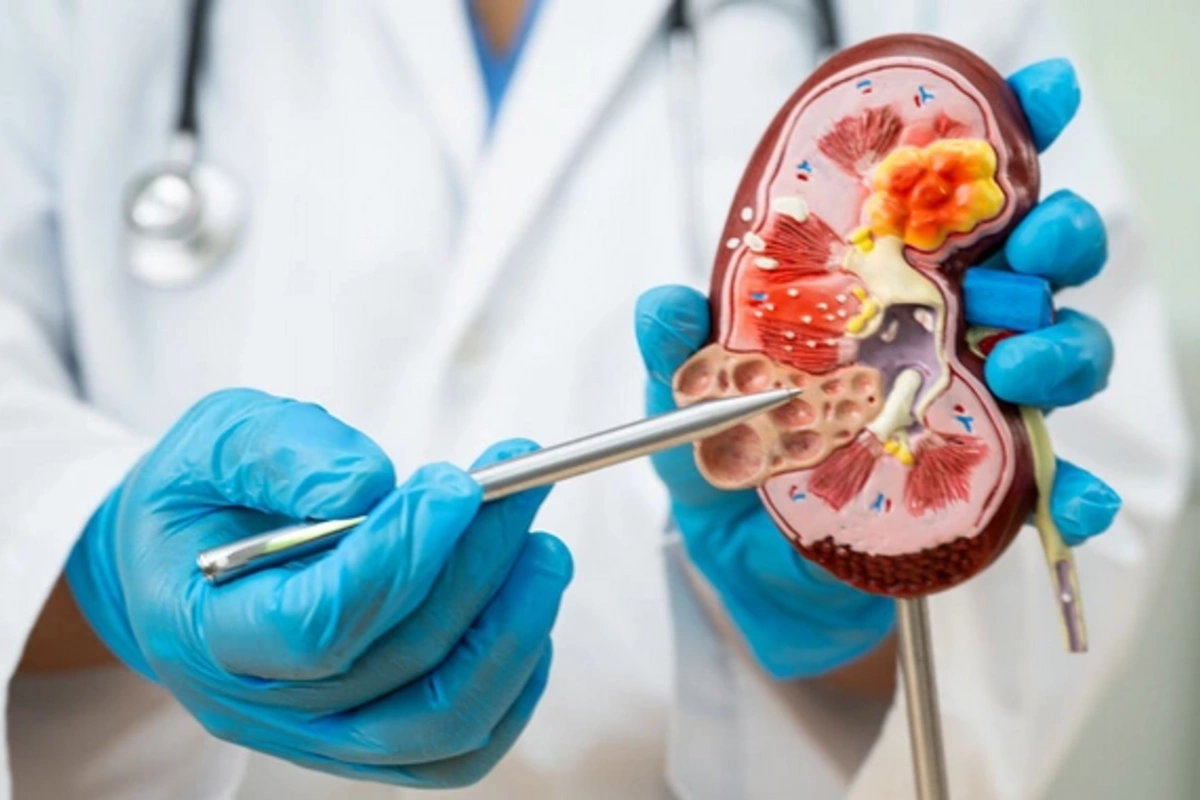08 Aug , 13:17
5

Kidney Protectors: Which Foods Help Avoid Kidney Stones
According to nephrologist Tanzila Sagova, a properly selected diet can become a real shield for the kidneys, preventing stone formation. "Gazeta.Ru" found out which products should be on the table for those who care about the health of their urinary system.
Citrus fruits have proven to be true champions in the fight against stone formation. Lemons, limes, and oranges, thanks to their high concentration of citric acid, effectively increase urine pH, blocking the process of salt crystallization.
Fiber also plays a key role in the prevention of kidney stone disease. By regulating glucose levels and normalizing metabolic processes, it becomes an important ally in kidney protection. That is why the nephrologist strongly recommends enriching the daily menu with fresh vegetables and fruits.
"Whole grain products are also beneficial in this regard - oatmeal, brown rice, quinoa, and legumes (lentils, beans, chickpeas). In addition to fiber, they contain magnesium, which protects against kidney stone formation," added Sagova.
Low-fat dairy products have also turned out to be unexpected kidney protectors. The specialist explains: the calcium in their composition binds oxalates directly in the intestine, preventing them from entering the bloodstream and urine, which significantly reduces the likelihood of oxalate stone formation.
"Prefer lean protein sources - chicken, fish, eggs. Unlike red meat and organ meats, they contain fewer purines, which reduces the risk of uric acid stones," emphasized the specialist.
At the same time, she noted that maintaining water balance in the body remains an equally important factor in preventing kidney stone disease. As large studies have shown, people who drink less than 1.5 liters of water per day have almost one and a half times higher probability of stone formation compared to those who consume more than 2.5 liters per day.
In conclusion, the specialist reminded about products that should be limited. Among them are vegetables with high oxalate content (spinach, rhubarb, beets), excess table salt, and foods rich in purines (for example, red meat, certain seafood, and organ meats).
"And remember that you should definitely consult a doctor if you have any alarming symptoms. Only a doctor can conduct an accurate diagnosis and select a diet that is right for you. Under no circumstances should you self-medicate," Sagova concluded.